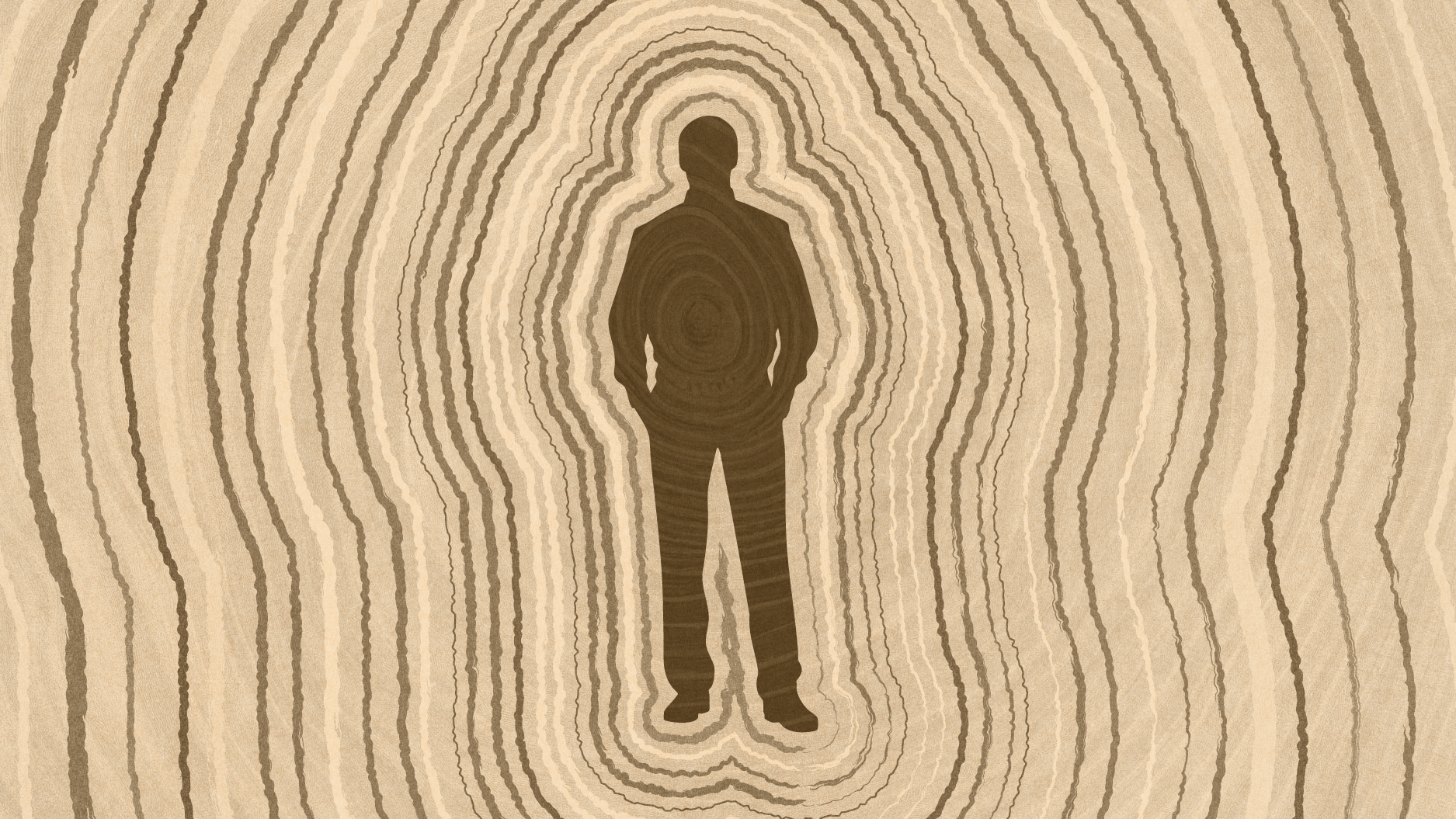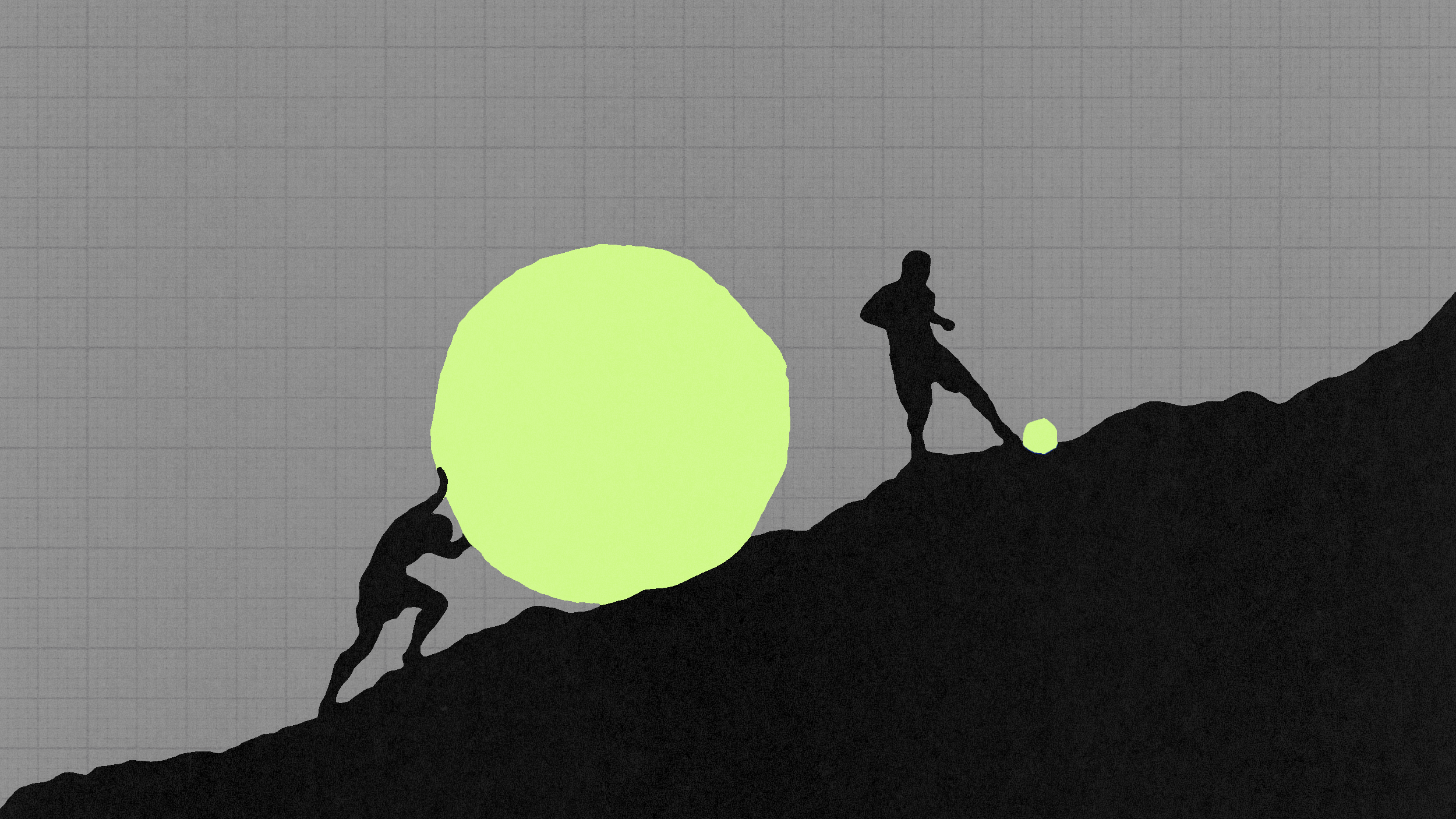Health expert David L. Katz discusses the complexity of nutrition and how he became interested in preventative medicine.
Question: How did you become interested in preventative medicine?
David Katz: I went on to do an initial residency in Internal Medicine, and during that training as I spent time on the wards in the hospital, I couldn’t help but notice that eight out of ten hospital beds were filled with people who needn’t have wound up there if they done things differently over the preceding decade; and in some cases longer. Most of what we were treating was preventable so we were all experts in putting out fires. That’s what you do in the hospital. And sometimes you actually used that kind of terminology. And these fires didn’t need to ignite most of the time.
I naturally gravitate toward the big picture which isn’t necessarily advantageous when you go on to a career in research because successful researchers usually choose a pretty narrow channel. So having tunnel vision actually helps you stay where you are supposed to stay. I don’t have that for better or worse. The big picture in medical care was looking at the underlying causes of all of this pathology. And I really wanted to get there. I really wanted to do something about that and play a meaningful role in changing the trajectory of people’s lives and their health and by changing their health, changing the quality of their lives.
So I actually started shopping around during my internal medicine training, looking for what should I do next so that I could leverage lifestyle to change health outcomes and I had a particular interest in nutrition—personally, because I became interested in exercise and eating well as a teenager and walked the walk and was experiencing those benefits in my personal life. I knew that this was possible. And then of course we have literature indicating that overwhelmingly, health is influenced by a very short list of modifiable behaviors topped by three: tobacco use, physical activity and dietary pattern. Essentially, what we do with our feet, our forks and our fingers. You could modify those three things; you can change people’s fate. I wanted to change those. Smoking cessation, important but relatively simple - a lot of people are working on that. Physical activity: important to me, important to health but also relatively simple.
I like nutrition. It’s complicated; you really need to learn a lot of stuff to be an expert there. So I shopped around and got all sorts of different advice about what does an internist do, who wants to be an expert in nutrition, and used that clinically. Become an endocrinologist, become a cardiologist, become a gastroenterologist, get a PhD in Nutrition about Chemistry. And ultimately I found my way to a Preventive Medicine Residency Program at Yale which allowed me to focus on Nutrition and Lifestyle Factors in the Prevention of Chronic Disease, and the rest is history.
Recorded on: July 06, 2009





